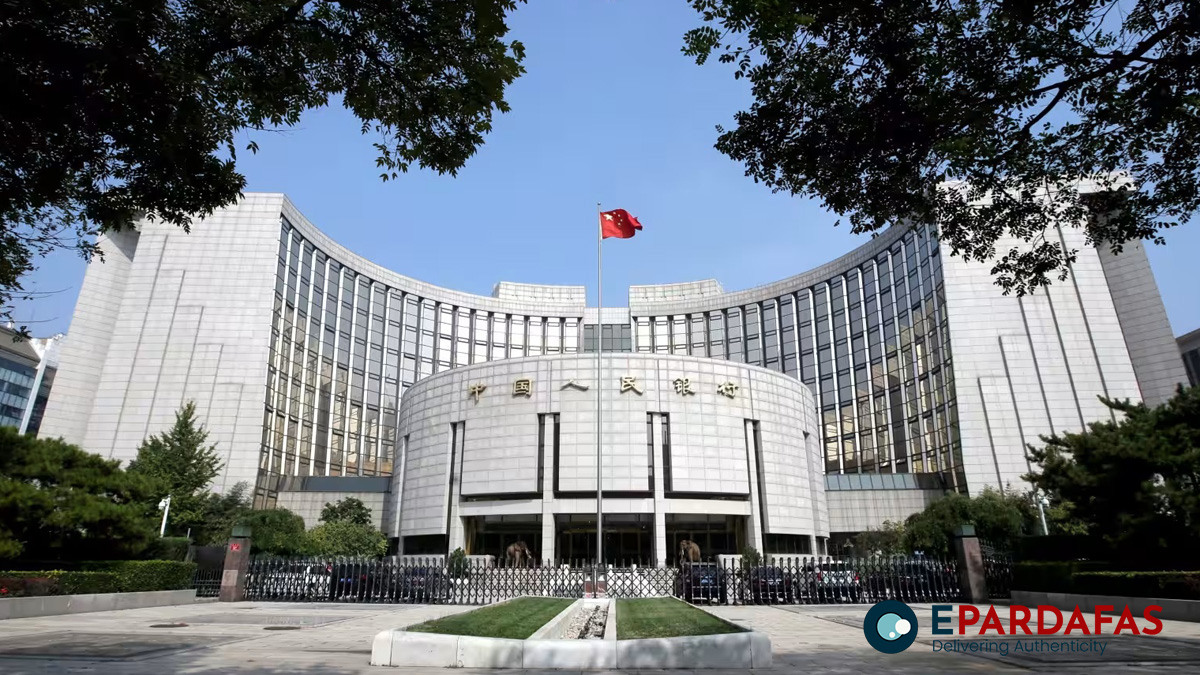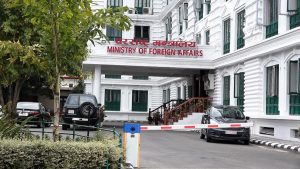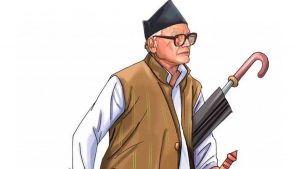
China’s Economic Moves and the Optimism of China Bulls: Unwarranted Faith or Calculated Hope?
In a surprising shift at the end of September, the People’s Bank of China (PBOC) took significant measures to stimulate the economy, cutting short-term interest rates, lowering banks’ reserve requirements, and rolling out a lending facility aimed at encouraging share buybacks and domestic investments. This series of actions was soon followed by a Politburo statement pledging fiscal measures to support growth, signaling a renewed commitment to jump-starting economic momentum.
These moves came after two years of Beijing resisting calls for strong monetary easing to combat persistent deflationary pressures. In September, consumer prices barely rose, marking a 0.4% increase from the previous year, and the producer price index saw a significant 2.8% drop – its largest in six months. In response, the Chinese stock market surged briefly, with the CSI 300 seeing a 24% increase within a week, and the Hang Seng index rising by 21% over two weeks.
However, these gains proved short-lived. Initial optimism waned as market participants realized the economy’s deeper issues would likely require more than just short-term boosts. Two subsequent press conferences by China’s National Development and Reform Commission and the Ministry of Finance fell short of announcing a much-anticipated large fiscal stimulus package.
Observers and investors – particularly China’s most ardent backers – have been grappling with Beijing’s economic strategy, which has been marked by abrupt shifts and unpredictable U-turns. Recent events highlight this tendency: after initially championing zero-COVID policies, China swung to a much more lenient approach by late 2022, causing ripples throughout the economy.
Not long ago, China’s bullish advocates argued that stimulus measures were neither necessary nor beneficial, asserting that China was moving toward a more sustainable economic model less reliant on real estate and speculative investments. Yet, when the PBOC’s recent stimulus was announced, these same advocates quickly rallied behind it, calling it timely and beneficial, aligning with a narrative that now sees easing credit conditions as essential to priming the economy. But this optimism seemed premature as the lack of a sizable fiscal boost from the government became apparent.
For years, China’s bulls have held an enduring belief in the exceptionalism of the Chinese state – one that is perceived as meritocratic, rational, and far-sighted. However, the reality reflects a different story: the Chinese government, much like those of other nations, often grapples with conflicts between ideological loyalty and merit-based decisions, and struggles with balancing immediate needs against long-term goals.
Despite the current challenges, China’s bulls continue to cling to the hope that substantial fiscal support will eventually arrive. In the meantime, authorities have proposed using local government bond revenues to prop up the property market and infuse capital into state-owned banks. This approach mirrors tactics employed during the 2008 financial crisis, such as the Troubled Assets Relief Program in the United States, and the PBOC’s monetary easing shares parallels with the U.S. Federal Reserve’s quantitative easing.
In the end, China’s ongoing economic strategies reveal a government not so unlike others – frequently reactive, often uncertain, and occasionally swayed by the unpredictable realities of both domestic and international pressures. And for those who consistently hold an optimistic view of China’s economy, the evidence continues to challenge their conviction, underscoring that not every move or outcome can be explained by a master plan.













Comments